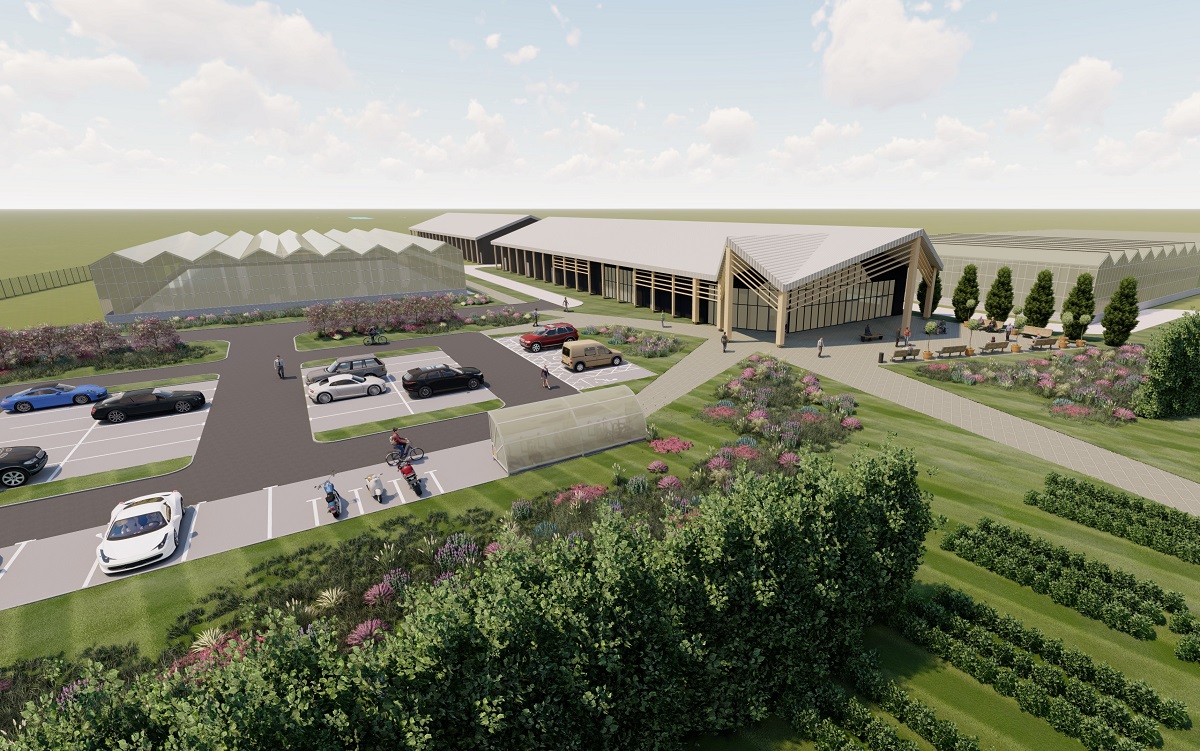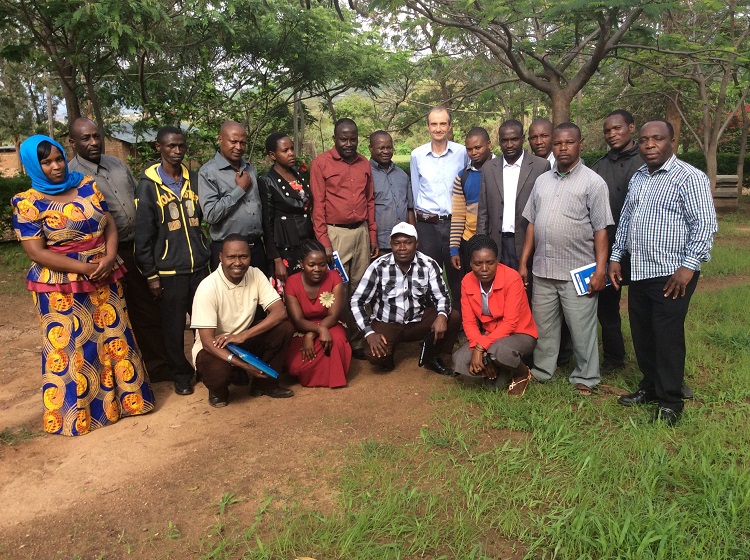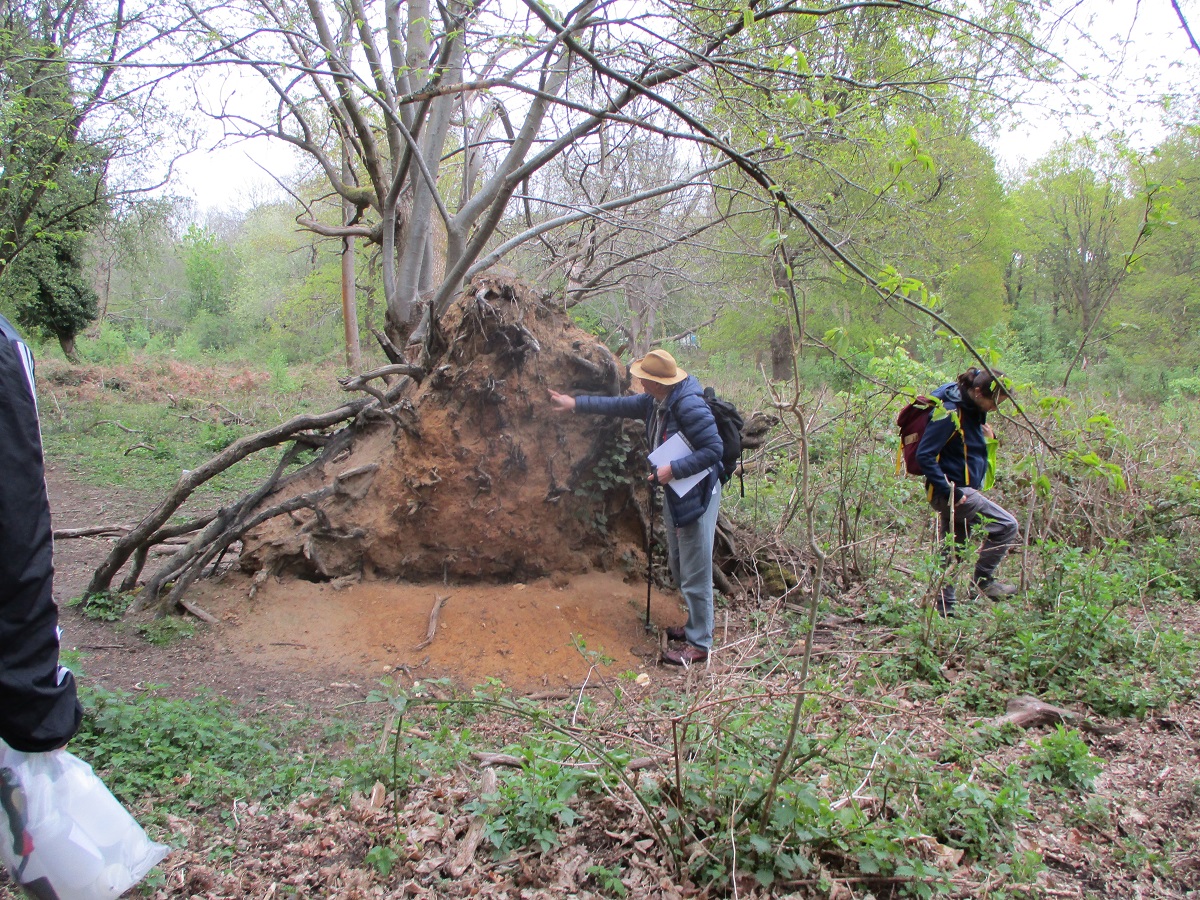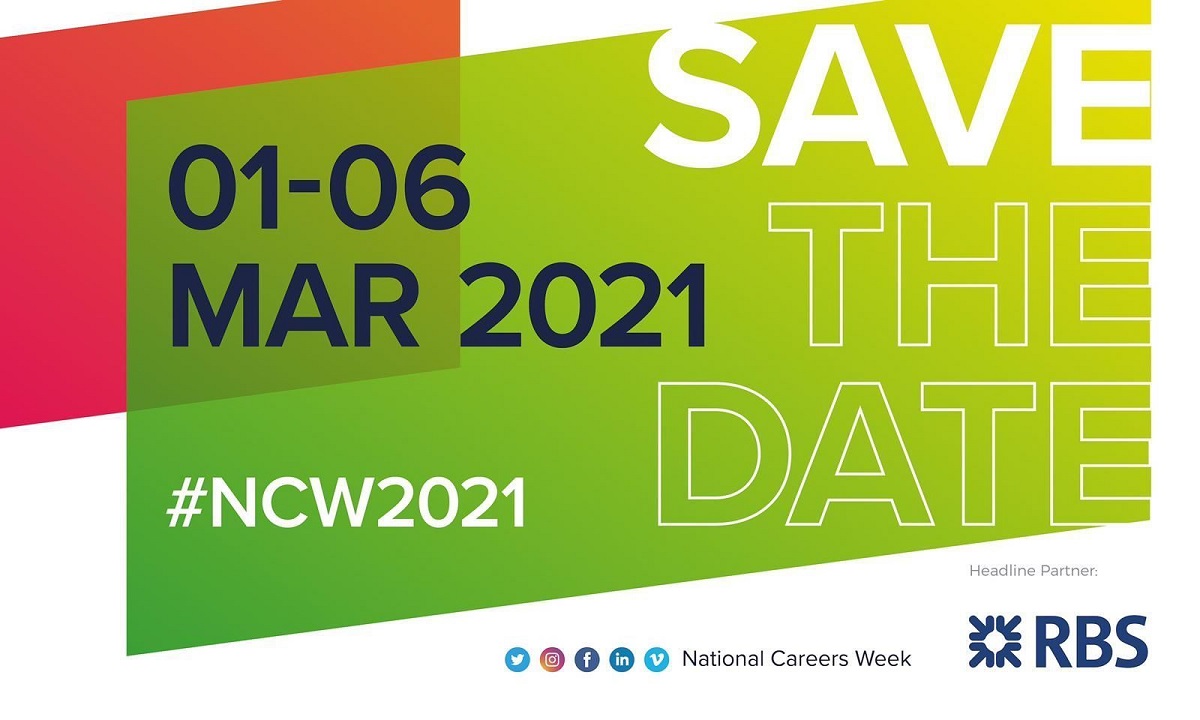News - 2021
If a black cat crosses your path, does that make you feel lucky or unlucky? If a bird flew inside your house, would you take that as a sign of good things to come or a bad omen? Most societies have perpetuated superstitions around certain animals....
Growing Kent & Medway has announced £3 million in R&D grants for projects that support inclusive economic growth and environmentally sustainable practices and innovations.
NRI and the wider Faculty of Engineering and Science of the...
Dr Valentine Seymour is a research scientist whose interests focus on the interface between human health, policy and the natural environment. Valentine began her scientific career with a BSc in Environmental Science from NRI at the University of...
Every year, air pollution causes up to 36,000 deaths in the UK, making it the “largest environmental health risk we face today”, according to Global Action Plan, the organiser of Clean Air Day 2021. In this piece, NRI’s Dr Conor Walsh,...
Climate change and the prospect of more frequent droughts in Africa is leaving farmers across the developing world facing an uncertain future and risks of food insecurity. A new €6.3m project was recently launched, to help farmers tackle this...
At NRI, the University of Greenwich, field trips are an important component for BSc students of Physical Geography, Environmental Science, Biology and our brand-new Climate Change programme. Dr Sarah Arnold, Senior Lecturer in Insect Behaviour and...
According to the organisers of World Hunger Day 2021, 690 million people across the world don’t have enough to eat; 98% of the world’s most undernourished live in low- and middle-income countries, and starvation kills more people than AIDS, malaria...
Babajide Milton Macaulay grew up in Nigeria dreaming of becoming an architect, but his grades at school were always much higher in biology, so he decided to follow the life sciences path instead. Milton took five minutes out of his day to Skype...
In March, the very first #EntoCareers event took place to help entomologists map out their future careers. Organized by NRI’s Post-Grad representative, Manuela Carnaghi, and two other PG reps from the Royal Entomology Society, it was designed as a...
In a paper recently published in ‘Nature Plants’, scientists from Sierra Leone, NRI at the University of Greenwich, Royal Botanical Gardens Kew and CIRAD (the French Agricultural Research Centre for International Development), reveal the results of...
The Natural Resources Institute is delighted to be co-funding a British Council GREAT scholarship for Sustainable Futures. We are looking for a postgraduate student from Vietnam to study on either our MSc Agriculture for Sustainable Development, or...
For National Careers Week, NRI’s Teaching and Learning Leader Claire Coote, tracked down three former BSc students to ask what advice they would give to those considering a career in life sciences. She also asked them to reveal how studying with...













